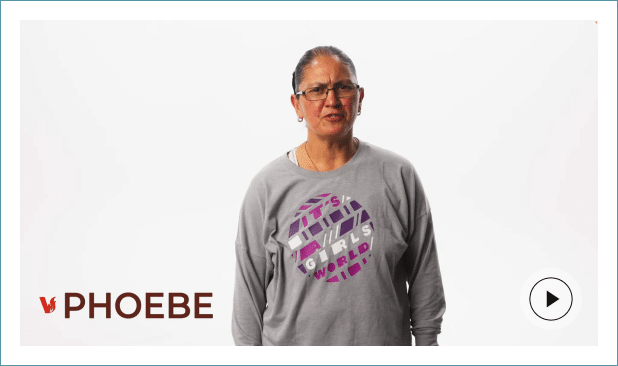
Lung Cancer Results
Verthermia® trial patients with unresponsive lung cancer exceeded average life expectancy after receiving HEATT®.

For over thirty years, Verthermia® has worked to perfect the procedure of HEATT®. We prioritize safety by closely monitoring vitals during the entire cancer treatment procedure. As we heat the body, we target cancerous cells as blood circulates. HEATT® employs a patient’s own blood for whole-body hyperthermia – a process that is non-invasive and completely free from any chemicals.





Verthermia® provides Hyperthermic Extracorporeal Applied Tumor Therapy (HEATT®), a patented, whole-body hyperthermia cancer treatment to extend and enhance daily living for cancer patients.
42° C has been scientifically identified as an optimal temperature because it can damage cancer cells while providing minimal harm to healthy cells.



Hyperthermia works by increasing the temperature of the cancer cells, accomplishing direct cell death, cell damage, or slowing the cancer cell growth of susceptible cells.





HEATT® stands out from other hyperthermia treatments due to its unique approach of heating the blood directly, closely controlling body temperature while restoring electrolyte balance and fluid levels. Instead of conduction or convection (external) heating methods, HEATT® employs a patient’s own blood to distribute heat for whole-body hyperthermia – a process that is non-invasive and completely free from any chemicals.



HEATT® provides whole-body hyperthermia cancer treatment through a perfusion based procedure that does not involve surgical resection of tumors or radiation.
At Verthermia®, we believe that everyone should have access to effective cancer treatments. Our clinical trials to date have shown positive patient outcomes with whole-body hyperthermia treatment.

Verthermia® trial patients with unresponsive lung cancer exceeded average life expectancy after receiving HEATT®.







Verthermia® provides Hyperthermic Extracorporeal Applied Tumor Therapy (HEATT®) to patients with advanced tumors that are unresponsive to traditional cancer treatments.